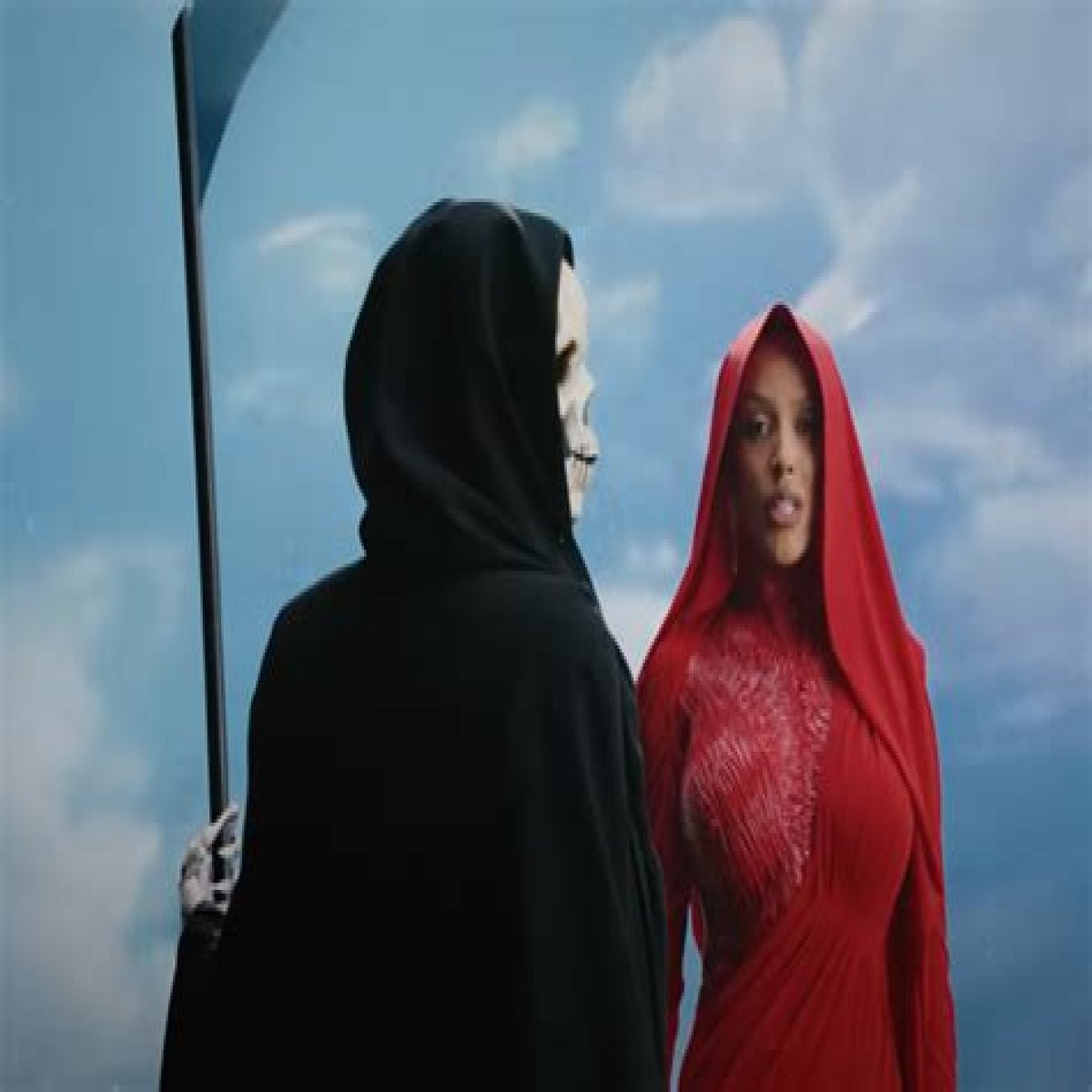In the world of music and pop culture, few artists have sparked as much intrigue and debate as Doja Cat. Known for her eclectic style, catchy tunes, and bold persona, she has become a significant figure in contemporary music. However, alongside her rising fame, a controversial question has emerged: is Doja Cat a Satanist? This inquiry has taken social media by storm, driven by her provocative imagery, lyrics, and performances that sometimes hint at a fascination with darker themes.
As fans and critics alike delve deeper into her artistry, it becomes essential to separate fact from fiction. Doja Cat's innovative approach to music often intertwines with various cultural references, leading many to speculate about her beliefs and influences. The conversation surrounding her alleged Satanism raises broader questions about artistic expression versus personal belief systems in the realm of celebrity culture.
Ultimately, understanding whether Doja Cat identifies with Satanism involves not just a look at her music and visuals but also an exploration of her biography and the context behind her artistic choices. This article aims to provide insight into the enigmatic persona of Doja Cat, examining her life, career, and the ongoing discussion about her supposed ties to Satanism.
Who is Doja Cat? A Brief Biography
Doja Cat, born Amala Ratna Zandile Dlamini on October 21, 1995, in Los Angeles, California, is a multifaceted artist renowned for her genre-bending music and captivating performances. She first gained attention in 2018 with her viral hit "Mooo!" and has since released a series of successful albums, including "Hot Pink" and "Planet Her." Her eclectic style, combining elements of pop, hip-hop, and R&B, has garnered her a devoted fanbase and critical acclaim.
| Personal Details | Bio Data |
|---|---|
| Real Name | Amala Ratna Zandile Dlamini |
| Birth Date | October 21, 1995 |
| Birthplace | Los Angeles, California |
| Genres | Pop, Hip-hop, R&B |
| Occupation | Singer, Songwriter, Rapper |
| Years Active | 2013 - Present |
| Labels | Kemosabe, RCA |
What Influences Doja Cat's Artistry?
Doja Cat's artistry is heavily influenced by a myriad of sources, ranging from internet culture to personal experiences. She often blends humor with serious topics, creating a unique space for her music that resonates with fans. Her visual aesthetics draw inspiration from various artistic movements, including surrealism and pop art, which sometimes leads to interpretations that delve into darker themes.
Are Her Lyrics Indicative of Satanic Themes?
Some of Doja Cat's lyrics have raised eyebrows, with certain lines interpreted as references to occult themes. Critics argue that her use of ambiguous language can be misconstrued, while fans argue that it's simply a form of artistic expression. It's essential to analyze her lyrics within the broader context of her work, where she often explores themes of empowerment, identity, and societal norms.
Has Doja Cat Ever Identified as a Satanist?
To date, Doja Cat has not publicly identified as a Satanist. Her artistic choices often blur the lines between performance and personal belief, leading many to speculate about her intentions. It's crucial to differentiate between her persona as an artist and her actual beliefs. In interviews, she has often downplayed the significance of such interpretations, emphasizing the imaginative aspects of her work.
What Does the Public Say About Her Alleged Satanism?
The speculation surrounding Doja Cat's potential ties to Satanism has generated a wide array of public opinions. Social media platforms are rife with discussions, memes, and theories attempting to decode her messages. Some fans embrace the idea of her being a 'satanic icon,' while others vehemently oppose such claims, viewing them as sensationalist and unfounded.
Is Doja Cat's Image Purposefully Provocative?
Many believe that Doja Cat's provocative image is a strategic choice aimed at capturing attention in a competitive industry. By incorporating elements that challenge societal norms, she positions herself as a bold and forward-thinking artist. This approach often leads to polarizing opinions, as some celebrate her creativity while others criticize her for perceived insensitivity.
Can Artistic Expression Be Misunderstood?
Artistic expression is inherently subjective, and what resonates with one person may not do so with another. Doja Cat's work exemplifies this notion, as her innovative style and thematic choices often invite misinterpretation. The conversation about her alleged Satanism serves as a reminder of how artists navigate the fine line between personal expression and public perception.
Conclusion: Is Doja Cat a Satanist or Just Misunderstood?
As the debate continues regarding whether Doja Cat is a Satanist, it becomes clear that the conversation is more complex than a simple yes or no. Her artistry, while provocative and often controversial, reflects the nuances of modern music culture. Fans and critics alike must consider the broader context of her work, acknowledging the interplay between artistic freedom and societal interpretation. Ultimately, Doja Cat's identity as an artist transcends labels, inviting listeners to engage with her music on their own terms.
Ellen Pomoeo: A Beacon Of Inspiration And TalentUnveiling The Love Lives Of Red Hot Chili Peppers: A Deep Dive Into Their GirlfriendsExploring Anthony Kiedis: His Life And Fatherhood Journey
